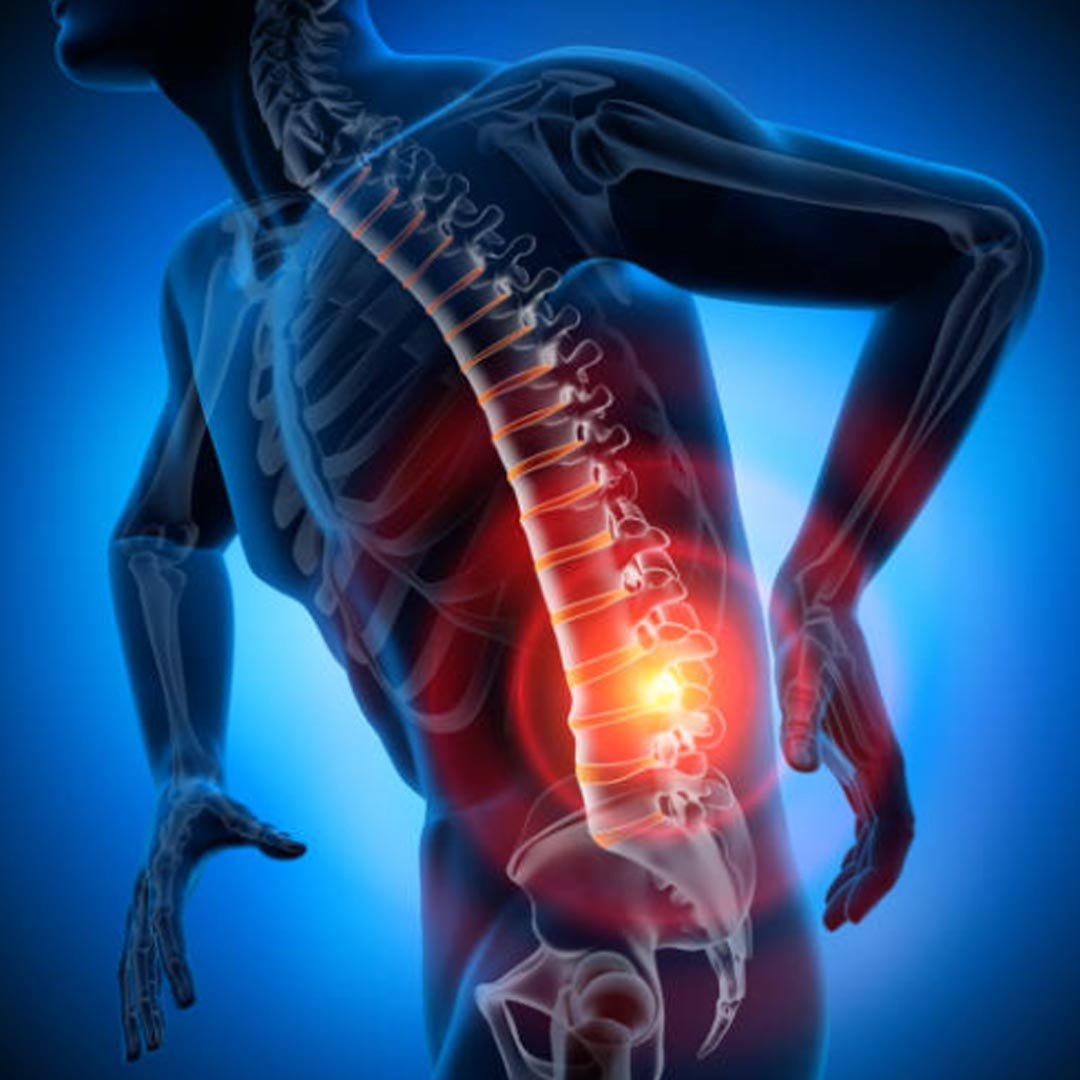A slipped disc, also called a herniated or prolapsed disc, occurs when the soft inner portion of an intervertebral disc pushes out through its tougher outer layer. This can compress nearby nerves, leading to back pain, sciatica, numbness, or weakness in the limbs. Poor posture, repetitive strain, heavy lifting, or age-related changes increase the risk. With timely physiotherapy, patients can reduce pain, restore spinal mobility, and prevent recurrence without unnecessary surgery.
Causes of a Slipped Disc:
- Heavy or improper lifting techniques
- Prolonged sitting or poor posture
- Age-related disc degeneration
- Sudden spinal injury or trauma
- Repetitive strain from sports or work
- Obesity and weak core muscles
- Genetic predisposition
Symptoms of a Slipped Disc:
- Localized back or neck pain
- Pain radiating to arms or legs (sciatica)
- Tingling, numbness, or burning sensation
- Muscle weakness in limbs
- Difficulty bending, sitting, or standing long periods
- Reduced spinal flexibility
Don’t let a slipped disc hold you back. Visit MY PAIN CLINIC GLOBAL for advanced physiotherapy programs designed to relieve pain, restore function, and protect your spine for the future.


